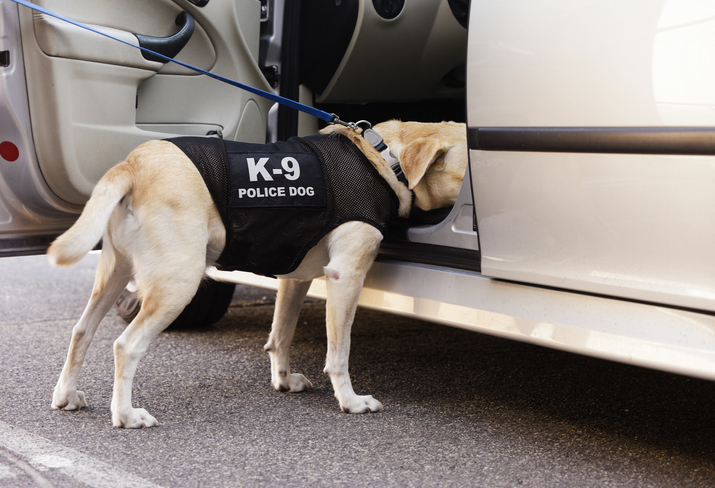
Searching a vehicle without a warrant
(December 28, 2022) The United States Supreme Court case Mapp v. Ohio established the historic exclusionary rule, which forbids any evidence collected illegally to be used in court, which is consistent with the fourth amendment that protects against unreasonable search and seizure. However, this rule created a tricky situation for traffic officers. It frequently happened that traffic officers had probable cause to believe that illegal activity was being enabled by automobiles. However, by the time they came back with a warrant to search the vehicle, it was out of their jurisdiction, or the evidence was gone. To combat this problem, the Supreme Court ruled in Carroll v. United States to include an automobile exception to the exclusionary rule that allowed traffic officers to conduct warrantless vehicle searches… if certain conditions were met. So, when can an officer search your vehicle without your consent?
 Texas Injury Lawyers Blog
Texas Injury Lawyers Blog

